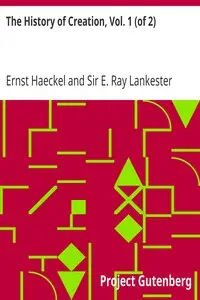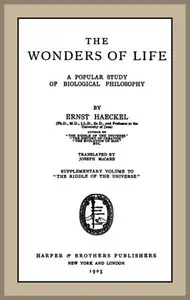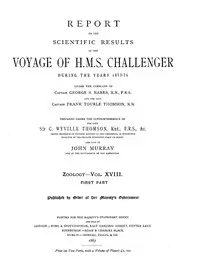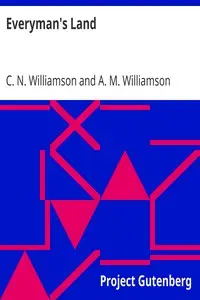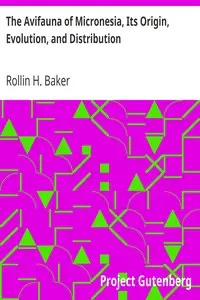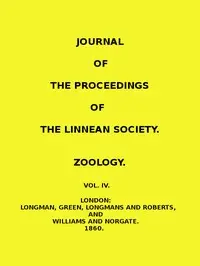"The Last Link: Our Present Knowledge of the Descent of Man" by Ernst Haeckel is a scientific publication written in the late 19th century. In this work, the author discusses evolutionary biology, particularly focusing on the descent of humans from primate ancestors, encompassing historical debates and scientific observations related to this topic. The opening of the text initiates a dialogue on the progress of zoological science and its implications for understanding human ancestry, highlighting the contributions of notable figures such as Lamarck and Darwin. Haeckel introduces the reader to the foundational principles of transformism, which posits that species evolve over time through natural processes. He emphasizes the 'question of questions' regarding human origins, asserting the necessity of examining comparative anatomy and paleontological evidence to draw conclusions about the evolutionary lineage of man. Haeckel sets the stage for a detailed exploration of the methods and evidence that will support the assertion of human descent from lower vertebrates. (This is an automatically generated summary.)
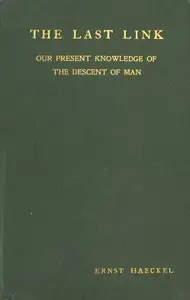
The Last Link: Our Present Knowledge of the Descent of Man
By Ernst Haeckel
"The Last Link: Our Present Knowledge of the Descent of Man" by Ernst Haeckel is a scientific publication written in the late 19th century. In this wo...
Ernst Heinrich Philipp August Haeckel was a German zoologist, naturalist, eugenicist, philosopher, physician, professor, marine biologist and artist. He discovered, described and named thousands of new species, mapped a genealogical tree relating all life forms and coined many terms in biology, including ecology, phylum, phylogeny, and Protista. Haeckel promoted and popularised Charles Darwin's work in Germany and developed the influential but no longer widely held recapitulation theory claiming that an individual organism's biological development, or ontogeny, parallels and summarises its species' evolutionary development, or phylogeny.

